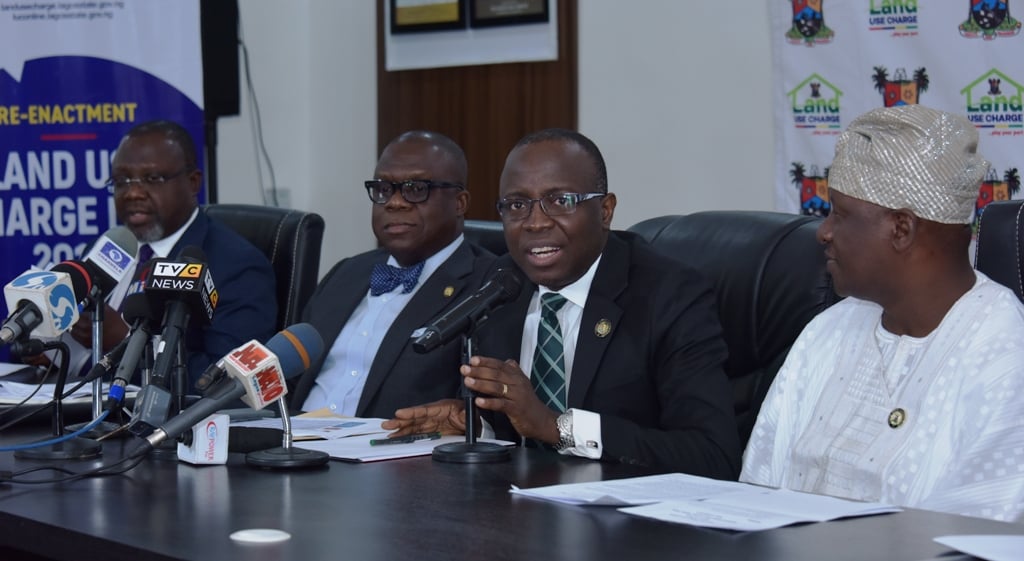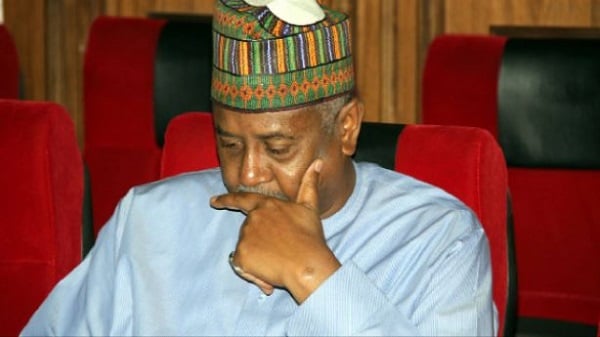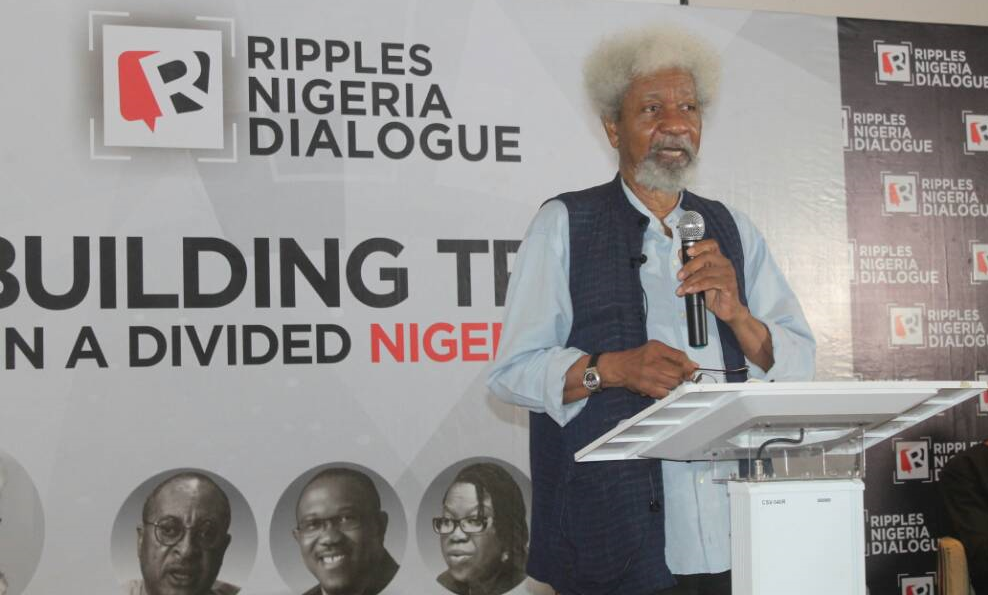????????????????????????????????????
The administration of Akinwunmi Ambode, governor of Lagos state, has reduced the rates of the land use charge.
The decision was taken at an executive council meeting which held on Thursday.
The government had reviewed the rates upward, charging property solely occupied by the owner for residential purpose at the rate of 0.076 percent per annum; property occupied by the owner and tenant(s) or third parties at 0.256 percent per annum; while investment property fully occupied by tenants or third party(ies) for revenue generation at 0.76 percent per annum.
It also threatened to penalise those who do not make payment after receiving notice. Failure to pay between 45 and 75 days attracted 50 percent increase; after 105 days, a 100 percent increase. The law prescribed that a property shall be liable to enforcement if payment is not made after 135 days of notice.
Advertisement
Addressing reporters at the end of the meeting, Akinyemi Ashade, commissioner for finance, said commercial property owners would get 50 percent discount. Owner-occupier 25 percent, while there would be a waiver for late payment and tax credit for those who are prompt in payment.
Payment in instalment was also introduced in the new arrangement.
“The Lagos state government, in its desire to build world class infrastructure and improve the well-being of its citizens reviewed the land use charges payable by all property owners. This exercise was received with mixed feelings by various interest groups who expressed serious concerns,” he said.
Advertisement
“In line with this administration’s tradition of inclusive governance and civic engagement, and as a Government that is committed to the welfare of its citizens and understands the importance of continuously engaging the populace, we undertook extensive dialogue with various stakeholders on the land use charge (“LUC”) revised law and its implementation.
“Consequently, we received a wide range of responses from our dialogue with various stakeholders on the amended LUC Law 2018. The stakeholders included the organised private sector, Nigeria Bar Association, Real estate investors & developers, Landlord and Resident Associations, Community Development Associations, Civil Society Organisations, Lagos Chamber of Commerce and Industries (LCCI), Nigeria Institute of Estate Surveyors &Valuers and several other professional groups.”
Giving a breakdown of the reduction, Ashade said for commercial property owners who were mostly affected by the amended law, a property valued at N20million for instance which was earlier billed N91,200 will now pay N45,600 per annum as a result of the 50 percent discount, while property occupied by owner, third party and property used for industrial and manufacturing purposes will now pay N23,040 per annum on a property valued at N20million as against the earlier N30,720 based on the 25 percent discount.
On owner-occupied property, the commissioner explained that for a property valued at N20million, only N7,752 will now be paid per annum as against N9,120 earlier demanded based on 15 percent discount.
Advertisement
He added: “Other rates and reliefs, apart from the ones stated above, will remain unchanged and will be implemented as stipulated by the Law. These include 40% general relief, 10% for 70 years and above, 10% for properties owned by persons living with disability and 10% for properties that are 25 years old and so on and so forth. Owners of Property across all categories will now be allowed to make payments by instalments. This will help to reduce the burden of taxation on our citizens.”
Besides, the Commissioner said the reduction would be implemented immediately as there were provisions within the LUC law which empowered the government to carry out necessary adjustment to cushion the effect of implementation.
The government took the action after the pressure from individuals, pressure groups and civil society organisations (CSOs).
The Ikeja branch of the Nigerian Bar Association (NBA) had given Ambode a five-day ultimatum to reverse the law.
Advertisement
When the ultimatum elapsed, the lawyers took to the streets of Ikeja.
Malachi Ugwumadu, a lawyer and president, Committee for the Defence of Human Rights (CDHR), had said so many aspects of the law were murderous.
Advertisement
Ambode had said the law was never reviewed since it was implemented in 2001 but a fact check by TheCable showed that Bola Tinubu and Babatunde Fashola, predecessors of the governor, reviewed the law in 2003 and 2012 respectively.
Advertisement
Add a comment






